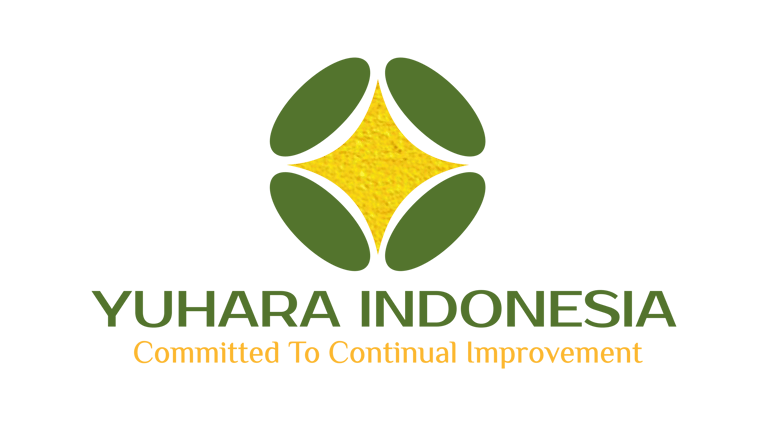History and Evolution of the ISO - the global standard that forms the world
In the current globalization era, the standard has a very important role in ensuring the quality, safety, and interoperability of products and services. In the front row of global standards is an ISO organization. ISO which stands for the International Organization for Standardization, is an independent, non-governmental organization engaged in the field of standardization. ISO was founded in 1947 and headquartered in Geneva, Switzerland. When ISO is established, the main objective is to create consistent technical standards around the world. At the beginning of its formation, ISO consists only of delegates from 25 countries. However, at this time the ISO has developed into a global organization with members of more than 165 countries. The ISO evolution has been going on for decades and has experienced many changes in terms of purpose and focus, with various relevant standards and updated from time to time. In 1987, ISO published the ISO 9000 standard series into the global market. This standard series forms the international global management system of the ground and introduces the term "Iso certification". In 2000, the latest version of this standard series, ISO 9001, published. In addition, ISO has published various other standards, including energy management, environment, health and safety, as well as the ISO 9001 standard update. The standard has been used by companies and organizations worldwide to improve their efficiency and effectiveness, and ensure customer satisfaction. ISO has also introduced a series of information security standards, which helps organizations managing Siber's security risks and ensuring the confidentiality and data integrity. The ISO 27001 standard helps the organization in applying effective information security management systems. In order to maintain relevance and provide real benefits to organizations around the world, ISO continues to adapt to developing and updating its global standards. Therefore, ISO has an important role in forming a modern world that is globally connected. As an independent and non-governmental organization, ISO remains a global leader in the development of international standards. By consistency high and publish qualified standards, ISO has helped ensure the quality, safety, and interoperability of worldwide products.




